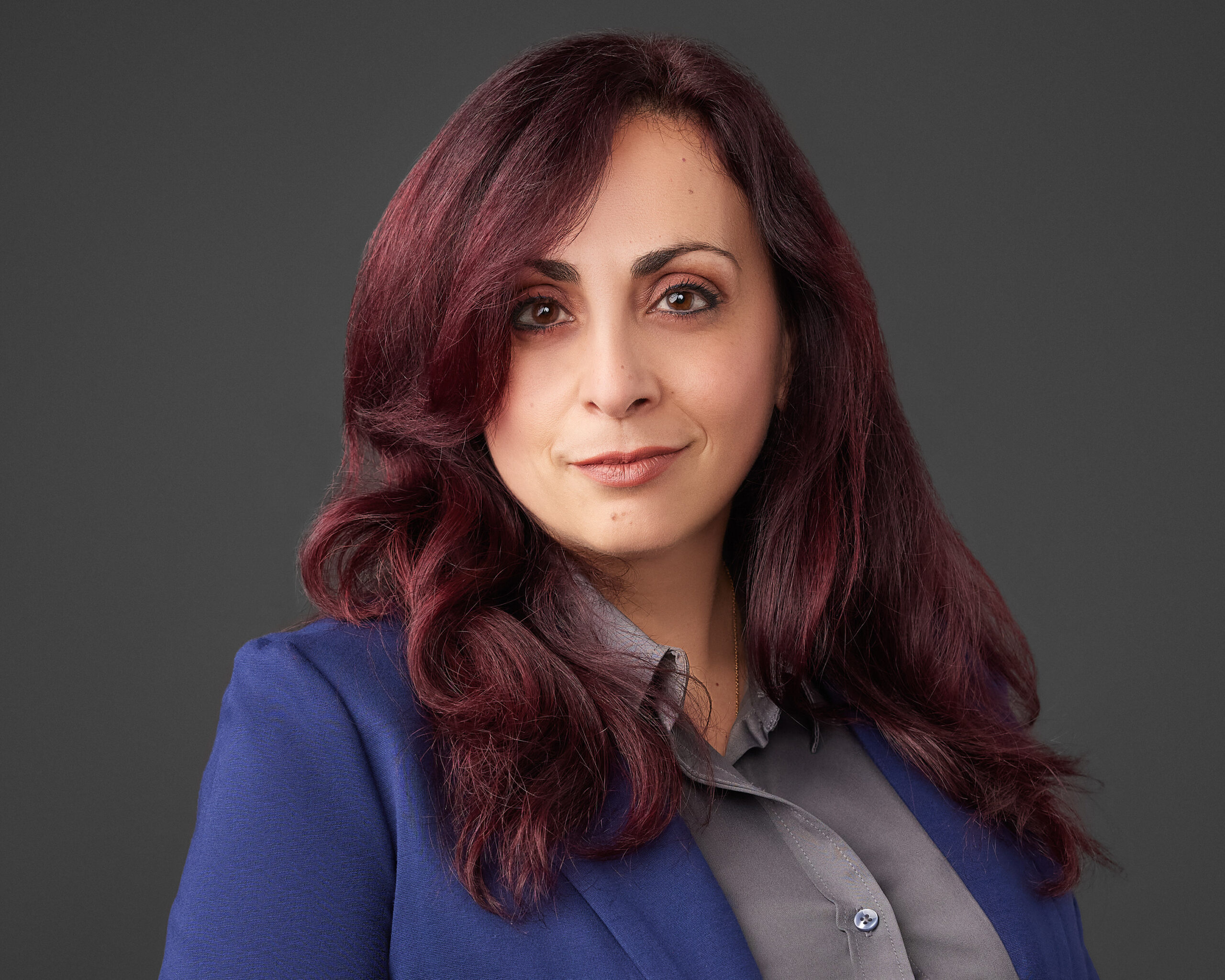Introduction: When Drinking Becomes a Concern
Most people who struggle with alcohol abuse didn’t set out to have a problem.
It often starts subtly — a few extra drinks after work, needing alcohol to relax, or feeling edgy without it.
Recognizing the early signs of alcohol abuse can make the difference between a temporary struggle and a long-term crisis.
If you’re questioning your relationship with alcohol — or worrying about someone you love — this guide can help you understand what’s normal, what’s not, and when it’s time to seek professional support.

What Counts as "Normal" Drinking?
Not all drinking is harmful.
Many people enjoy alcohol socially without crossing into dangerous patterns. Here’s a general guide:
Normal (Low-Risk) Drinking
- Drinking occasionally, not daily.
- Limiting intake to 1 drink per day for women or 2 drinks per day for men (according to CDC guidelines).
- No dependence on alcohol for sleep, relaxation, or emotional regulation.
- No memory blackouts or loss of control.
When Drinking Becomes Concerning
- Frequently exceeding daily recommended limits.
- Needing alcohol to unwind, manage emotions, or feel “normal.”
- Experiencing cravings, guilt, or regret around drinking.
- Finding it hard to cut back even when you want to.
Understanding these boundaries is crucial.
If your drinking (or someone else’s) is moving beyond these low-risk patterns, it may be an early sign of alcohol misuse.

Early Signs of Alcohol Abuse: How to Recognize the Warning Signs
Alcohol abuse doesn’t always look like falling-down drunkenness.
In fact, some of the first signs are easy to miss if you’re not looking carefully.
Increasing Tolerance
If it takes more alcohol than it used to for you to feel relaxed or buzzed, that’s a warning sign.
Increased alcohol tolerance is one of the first biological clues that your body is adapting to higher levels of alcohol.
Drinking to Cope With Emotions
Social drinking is common.
But when drinking becomes a tool to manage stress, sadness, anger, or anxiety, it crosses into risky territory.
Using alcohol as an emotional crutch can spiral into dependence faster than most realize.
Memory Lapses or Blackouts
Occasionally forgetting parts of a night out isn’t normal.
Experiencing memory gaps — even if you seem functional — signals alcohol-induced brain changes that need to be addressed.
Prioritizing Drinking Over Other Activities
Skipping workouts, losing interest in hobbies, neglecting responsibilities, or planning your day around drinking are red flags.
When alcohol quietly becomes the center of your lifestyle, it’s a critical marker of early-stage alcohol use disorder.
Hiding or Downplaying Your Drinking
Minimizing how much you drank, drinking alone more often, or lying about it to friends or family indicates growing shame and loss of control.
Feeling Irritable or Anxious Without Alcohol
Mood swings, agitation, or restlessness after a day or two without alcohol may point to early withdrawal symptoms — a serious sign your body is adapting to alcohol dependence.
Why Early Detection Matters
Many people wait until alcohol causes major disruptions — job loss, health problems, legal trouble — before seeking help.
But early intervention can prevent long-term consequences and make recovery easier and more successful.
By recognizing the first signs of alcohol misuse, you can take proactive steps to reclaim your health, relationships, and peace of mind — before serious damage occurs.
Facing the Early Signs of Alcohol Abuse Before It Gets Worse
Taking the early signs of alcohol abuse seriously can prevent lasting damage to your health, relationships, and career. Early action leads to better outcomes — and it’s never too soon to seek help.
Should You Reach Out for Help?
If you see yourself in any of these patterns — even if it feels “not that bad” yet — it’s worth having a conversation.
You don’t have to wait until things spiral to ask for support.
Getting help early is a sign of strength.
Working with a compassionate, experienced professional can help you:
- Understand your drinking patterns more clearly
- Address emotional triggers
- Build healthier coping strategies
- Create a personalized, achievable plan
If you or someone you know needs more information about alcohol use and treatment, visit the CDC’s Alcohol Information page for trusted resources.

Ready to Take the First Step?
You deserve to feel in control again — and you don’t have to figure it out alone.
If you’re concerned about your drinking (or a loved one’s), reach out to us. You can contact our staff directly by sending us a message or fill out all forms now and we will contact you to schedule an appointment.
Work With Me
At Lifetime Insight, we offer compassionate, confidential support for those navigating challenges with alcohol, mental health, and life transitions. Our team includes board-certified experts in psychiatry and addiction medicine.
Whether you’re just beginning to have concerns or already seeking change, we are here to help you move forward with clarity and confidence.
About the Author
Dr. Sarit Hovav, M.D., FAPA, is a board-certified psychiatrist specializing in mental health, wellness, and compassionate support for those navigating all sorts of life challenges. She is dedicated to helping patients reclaim their clarity, confidence, and peace of mind.


